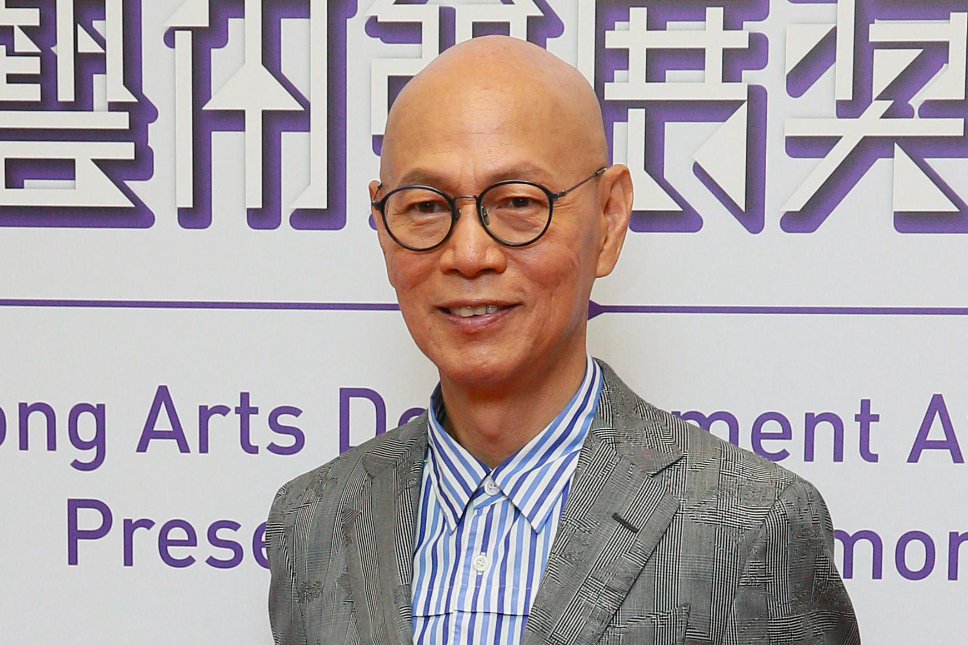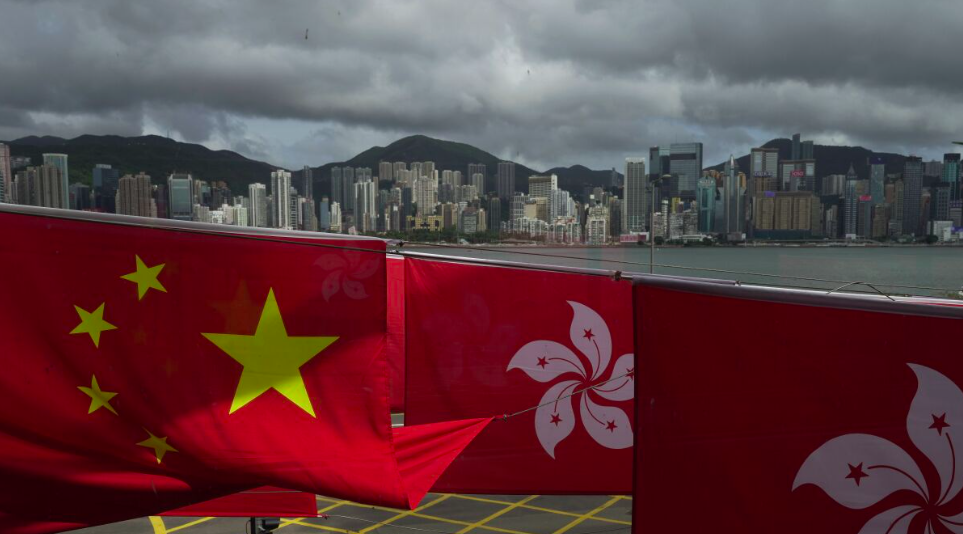China News 26th September
In the aftermath of the death of British Queen Elizabeth II, Hong Kong people have conflicting views. Here is a summary of what one writer believes the debate has been about.
In the long run, only by letting Hong Kong people live the life they want to live according to the values generally recognized by society and making Hong Kong people feel respected can win their hearts and minds.
Many Hong Kong citizens lined up outside the British Consulate General in Hong Kong on September 12 to mourn the passing of the Queen. Law Kar Ying, the husband of Elizabeth Wang Ming Chun, a veteran Hong Kong artist and a representative of the Hong Kong National People's Congress, made a politically correct statement after the fact.
The old artist posted on social media: "Hong Kong is a blessed land under the shadow of the Queen", which attracted online criticism from Chinese mainland patriots. Seeing that the word "shadow" offended sensitive mainland netizens. Law Kar Ying deleted the post and posted a video apology on Weibo.

However, if Hong Kong people's behaviours are all labelled as colonisation, and they are said to be praising colonialism, simply offering the prescription of decolonisation, especially emphasising on formalities, it may be the wrong medicine.
How to mourn or talk about the monarch of the former sovereign country is regarded as a political statement and has led to various interpretations.
In the official discourse, the return of Hong Kong to China "washed away the humiliation of the Chinese nation for a century" and was an important step in realizing the complete reunification of China. As the National Day of China is approaching on October 1, the long queues of Hong Kong people express their regrets to the former sovereign, has embarrassed Beijing to some extent.
Yet winning the hearts and minds of Hong Kong people, is difficult to sustain through high pressure and brainwashing.

The pro-Beijing Hong Kong media "Ta Kung Pao" published a comment, scolding "anti-China rioters and anti-China media that are conducting a political propaganda with ulterior motives" by fabricating Hong Kong people's good memories of colonial rule and attacking the national security law.
Young people kneeling on one knee when mourning the Queen of England is a very rare act. Hong Kong public opinion points out that Hong Kong people's feelings for the Queen and the British royal family do not belong to national identity. It does not mean that the number of people in Hong Kong want to be British. It is more a projection of the nostalgic feelings of Hong Kong and the British period, and it may even be a mere nostalgia for youth.
A review article in InitiumMedia believes that the truly proud legacy of the British period in Hong Kong is its well-established administrative system and effective implementation: the spirit of materialism. That kind of real profit is not necessarily reflected in making big money, but in the details of living in Hong Kong, which are fair, just, credible, and convenient.

Outside the British Consulate General in Hong Kong, many people lined up under the scorching sun to mourn the passing of the Queen. A teacher interviewed by "NOW News" said:
I want to commemorate this great leader. Look at how many people there are. This is the heart of the people and what the people want.
The soft power managed by the Queen of England during her lifetime and some of the systems and construction of the Hong Kong-British period cannot be washed out by brainwashing.
After the implementation of the national security law in Hong Kong, the legitimate reasons for mourning the Queen of England contributed to rare collective street behaviour in Hong Kong. Hong Kong people can also openly plant the Hong Kong British flag in the sea of flowers mourning the Queen, so as not to provoke reports of "colluding with foreign forces".
Colonies have both been hurt and benefited. The aspirations of the people should reflect the aspects that benefit. The soft power managed by the Queen during her lifetime and some of the systems and construction of the Hong Kong-British period cannot be created by brainwashing.
However, Sino-British relations have fallen to a low point due to the populist movement in Hong Kong. The United Kingdom has expanded the BNO (British National (Overseas) passport) visa program for Hong Kong people. The new Hong Kong textbook emphasizes that "Hong Kong is not a colony", saying that since 1842, what the United Kingdom has implemented in Hong Kong is "colonial governance". Against this background, even though the Queen of England has no political role, she may be criticized for loving colonization and be accused of deviating from the emotional consensus of the Chinese nation.
It is true that Hong Kong is different from many former British colonies including Singapore. After breaking free from colonial rule, Hong Kong did not move towards independence, but returned to China. The colonial history that separated Hong Kong from China also brought about confusion in the identity of Hong Kong people after the handover. However, changing Queen's Road to Renmin Road or Zhonghua Road, and replacing English teaching with Mandarin in the classroom, will not help to enhance national identity, and there is no need to make Hong Kong the same as mainland provinces and cities.
The colonies both injured and benefited local people. The aspirations of the people should reflect the best aspects. The soft power of the Queen's life and some of the systems and policies in Hong Kong’s British period cannot be washed out by brainwashing. Similarly, it is difficult to win the hearts of Hong Kong people by other forms of high pressure. In the long run, only by letting Hong Kong people live the life they want in accordance with universally recognized values and making Hong Kong people feel respected, can China win people's hearts and stability.
Source: zaobao.com.
Worked on the article:

Wanlikhang





